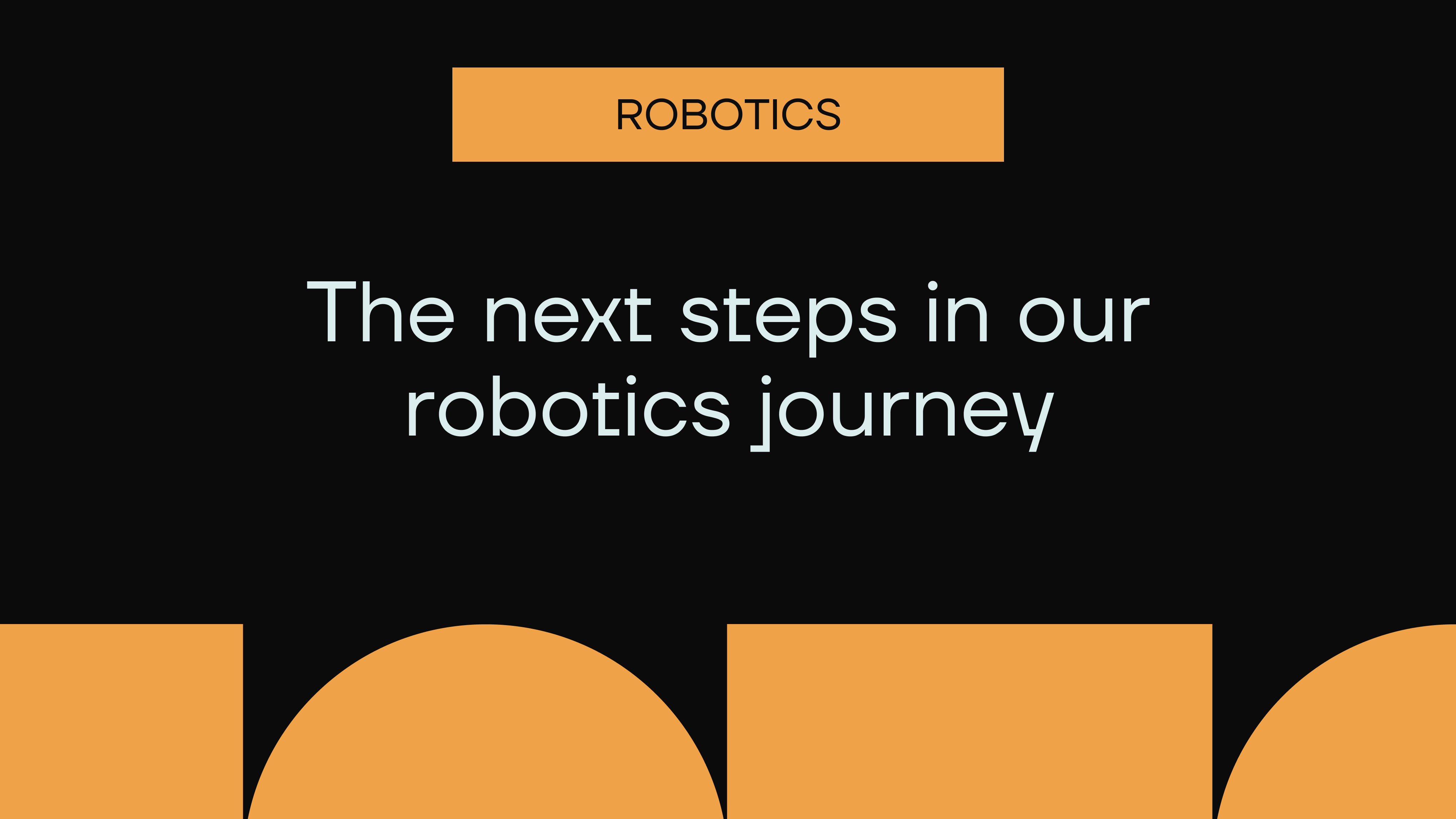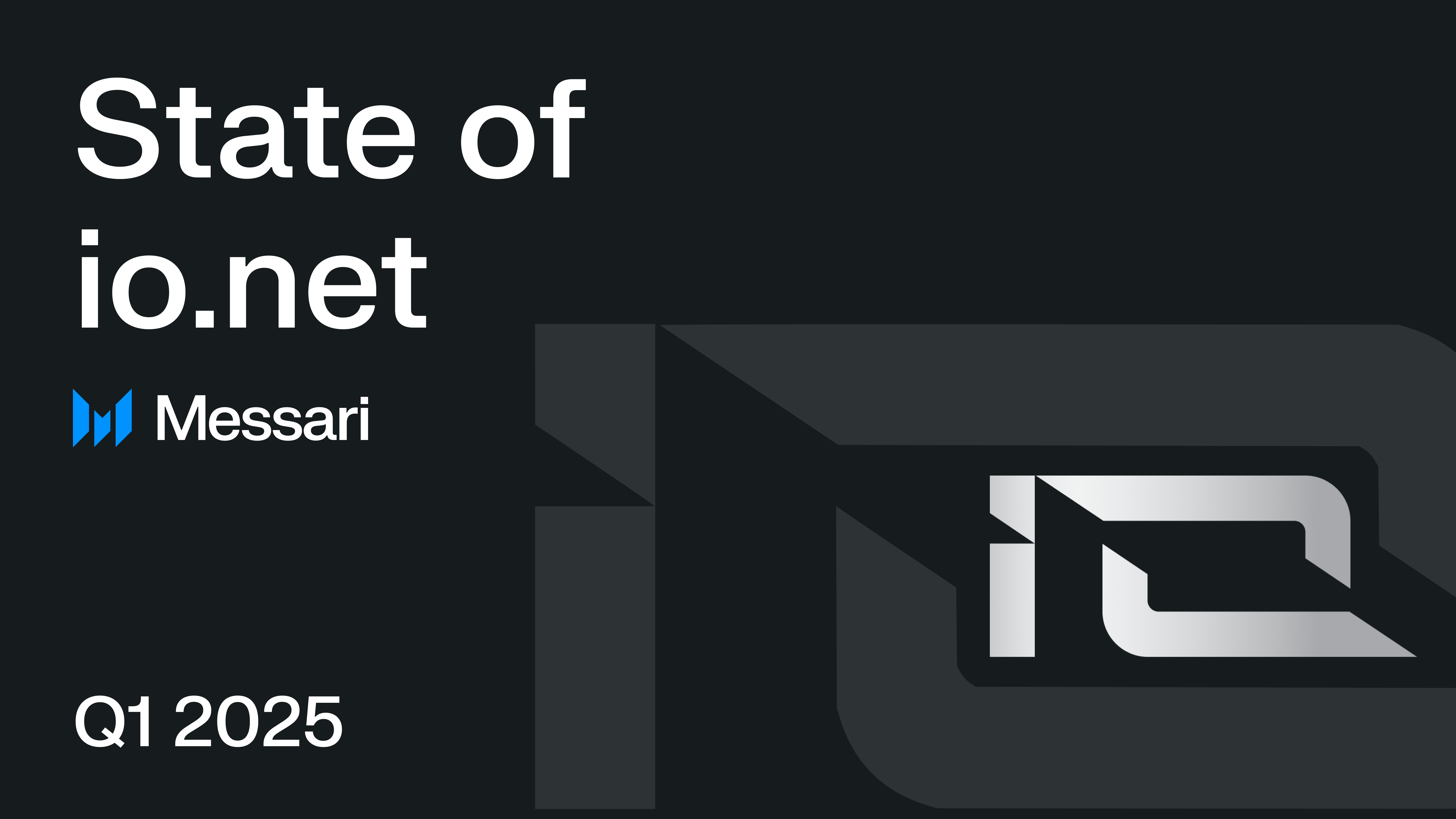Auki Labs Enhances Retail Robotics with New Innovations

Retail stores globally are grappling with a significant staffing shortage, a trend exacerbated by demographic shifts in developed nations. To tackle this challenge, Auki Labs is intensifying its focus on robotics and AI, believing these technologies can enhance operational efficiency and improve customer experiences. The company has recently announced two key updates regarding its robotics initiatives, which include advancements in their proprietary robot and efforts to ensure compatibility with robots from other manufacturers, starting with Unitree’s models. This initiative aims to create an interoperable machine perception network that allows various robots and devices to collaborate seamlessly in commercial spaces.
The first update highlights enhancements made to Auki’s store robot, which now boasts increased interactivity and smarter functionalities. A new front-facing camera provides real-time data to a reconstruction server, enabling the robot to maintain an updated digital representation of its environment. This improvement not only enhances the robot’s spatial awareness but also automates the mapping process. Furthermore, the robot features a touch screen interface, allowing customers to search for products and receive guided assistance, thereby streamlining one of the most common customer service interactions in retail. This capability is particularly crucial given the ongoing staffing challenges faced by retailers.
The second update introduces the Unitree Go2-W, a robotic guard dog designed to patrol retail environments. Equipped with sensors and a searchlight, this robot can monitor store conditions and alert staff to potential issues, such as abandoned packages. Auki Labs is committed to advancing the integration of various robotic technologies through its Auki network, enhancing their capabilities and creating a more efficient retail experience. As Auki Labs continues to innovate in the realm of robotics and spatial computing, the future of retail appears poised for transformation, promising improved service and operational efficiency in the face of ongoing staffing shortages.
Related News





